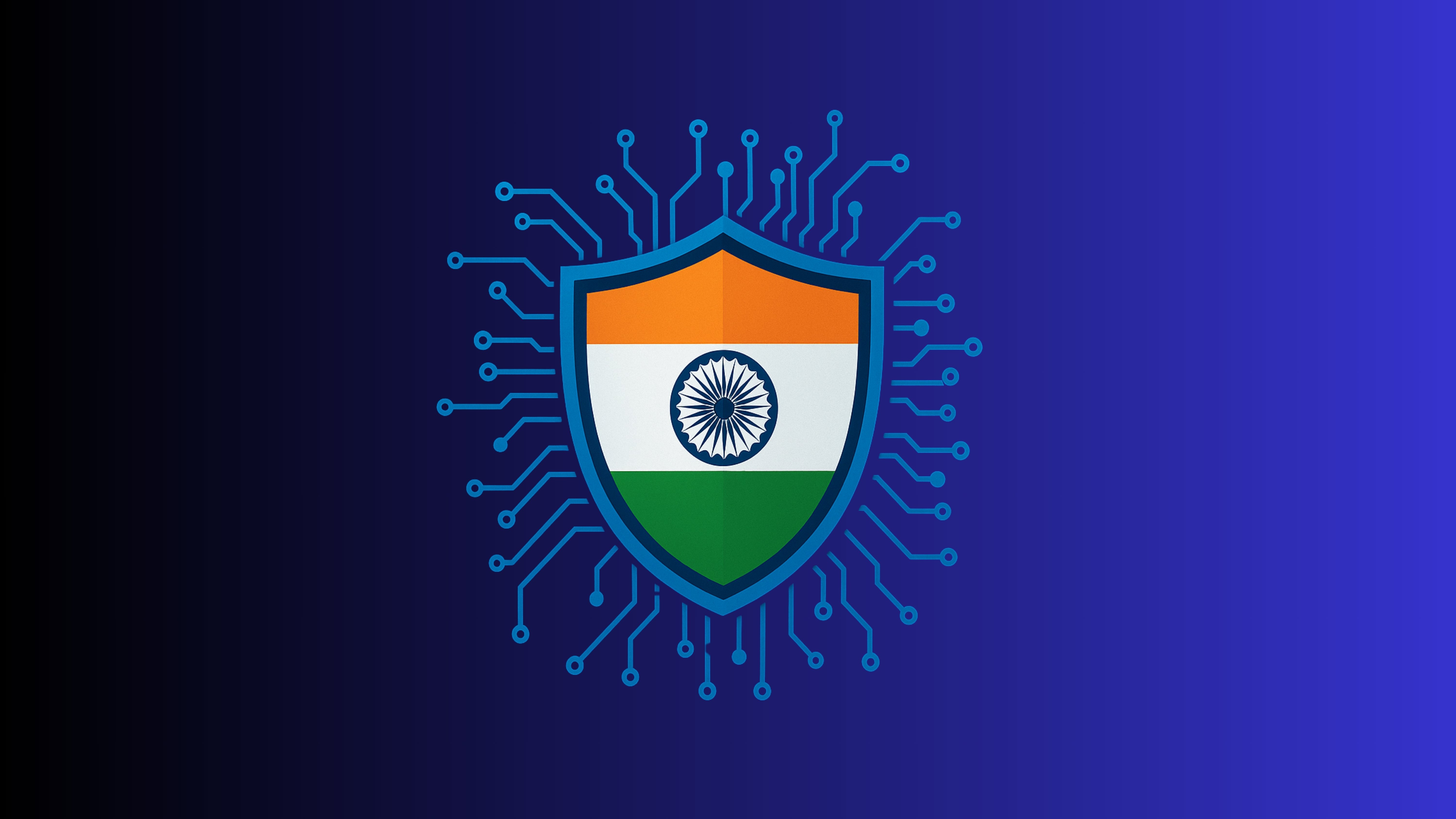Drexel University researchers studied how AI can aid emergency decisions in pediatric trauma at Children’s National Medical Center. Clinicians used the AI display DecAide to view key patient data, AI-synthesised information, or AI data with treatment recommendations.
The study tested 35 emergency care providers across 12 scripted scenarios, comparing their decisions to established ground truth outcomes.
The results showed participants achieved the highest accuracy, 64.4%, when both AI information and recommendations were provided, compared to 56.3% with information alone and 55.8% with no AI support.
Decision times were consistent across all conditions, suggesting AI did not slow clinicians, though providers varied in how they used the recommendations. Some consulted the guidance after deciding, while others ignored it due to trust or transparency concerns.
Researchers highlight the potential for AI to augment emergency care without replacing human judgement, particularly in time-critical settings. Researchers stress the need for larger studies and clear policies to ensure clinicians can trust and use AI tools effectively.
Would you like to learn more about AI, tech and digital diplomacy? If so, ask our Diplo chatbot!










